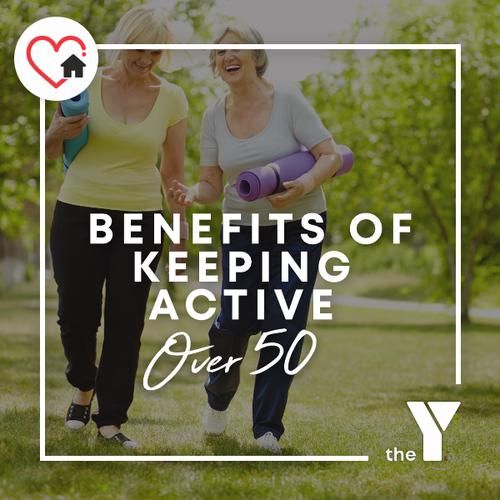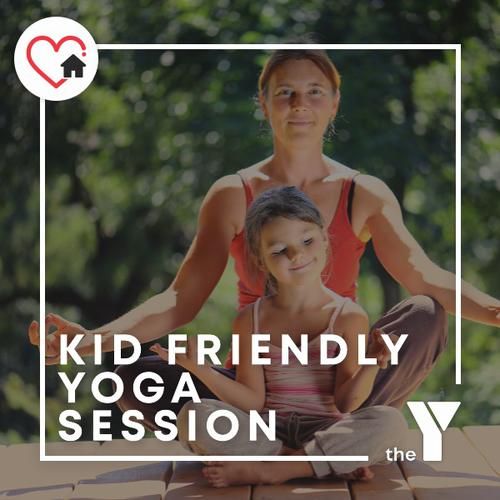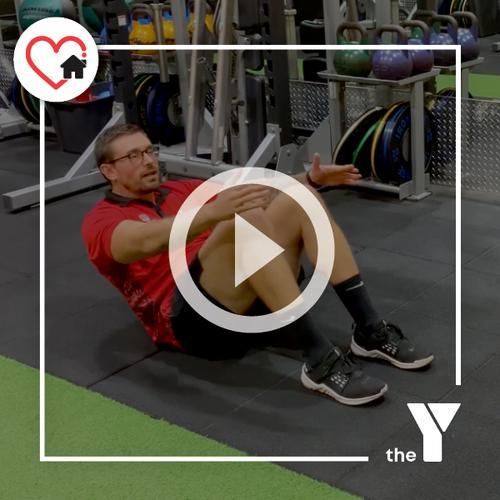Benefits of Keeping Active over 50

Staying active in your 50’s and beyond can be the best gift you give to yourself and those around you.
Exercise can enhance your energy levels, keep you at a healthy weight, and even possibly reduce some of the symptoms associated with aging.
Exercise can be good for your brain and emotional state as well as your body. Whether you’re looking to maintain your current weight or to feel more energetic and healthy overall, there are numerous ways to stay active when you’re over 50.
With all the research completed on individuals who are 50 or over, the outcomes have even shown that exercise was found to be more important than a healthy diet. That does not mean you can have one without the other! Both will of course show great benefit to you.
Research has shown those who exercised regularly were more likely to have:• Improved physical and mental health - By reducing the risk of diseases, minimising the symptoms of chronic conditions, and retaining your independence, you’re more likely to experience a good quality of life and live life to the fullest.
• Increased energy - Exercise can build muscle and bone mass, boost cardiovascular health, increase your energy levels and make you feel stronger. With all these improvements it allows fewer limitations to your day to day activities.
• Improved social interactions – Not only does exercise in groups bring you together with others looking to improve their health and fitness, the benefits of improved health continue to grant you the opportunities to get out of the house and interact with others.
• Lower risk of depression - Exercise is well known for having a positive impact on stress levels by boosting mood and raising the level of endorphins in your body. It’s also good for your brain because it is associated with reducing the risk of memory loss, dementia, cognitive decline, and depression.
• Fewer falls and injuries - Exercise enhances your strength and flexibility, which supports better coordination and balance. By being physically fit, you could stay mobile and independent for longer.
• Lower rates of chronic disease (or more manageable symptoms for those who are already affected by it) - Regular exercise has been linked to a reduced risk or delayed development of many illnesses and diseases, as well as providing benefits for those with chronic conditions, including heart disease and stroke, osteoporosis, arthritis, high blood pressure, type 2 diabetes and joint/muscle pain.
It’s great to do what you love, but be sure to tick all the boxes when it comes to your exercise routine. There is no question when it comes to your regime that it has to be fun and enjoyable. However, as the saying goes, ‘sometimes you have to do the things you don’t like to get where you want to be’.
It’s important to compliment the activity you love with activities that allow you to tick all components off each week;
1. Strength training - Strength training helps you retain or build muscle density and reduce the risk of injury. Start with hand weights or pin loaded machines and do eight easy repetitions and build up to 12 reps. A well rounded program will ensure you target the important areas and build overall strength while also strengthen your posture. Its recommended to partake in strength training at least twice per week.
2. Aerobic training – also named ‘cardio’ training, is any activity that makes you breathe harder and raises your heart rate. Its recommended per week to complete at least 150 minutes of moderate intensity, right up to 300 minutes for those able and willing to push themselves. This can be done walking, swimming, cycling, running, fitness classes, engaging in sport or a variety of cardio equipment in the gym.
3. Mobility training - Maintaining and improving your flexibility helps you feel better and can reduce your muscle aches and pains. Routines that improve your flexibility can also make engaging in other exercises and activities easier and more enjoyable. This is because stretching increases your range of motion, and it can also improve your posture and relieve arthritis, back pain, and joint aches and pains. It's recommended that you perform stretches and flexibility exercises at least two to three times per week. A trainer can give you a great range of stretches to perform to hit any troublesome areas or overall to ensure you do all you can to prevent it being an issue, however those able can also participate in classes like Yoga, Pilates or Body Balance.
4. Balance and core work – incredibly important aspect at all ages to focus on as we continue to become more sedentary in our day to day lives. Particularly as we get older our balance decreases so very important to ensure where possible you include core and balance work to compliment your strength training during the week and be confident that you can perform day to day duties without injury or greater risk of falling. Again, trainers can be a great aid to showing you exactly what suits your current ability best.
Most importantly, it’s never too late to get started! Be sure to start easier than you feel comfortable with as you may not know where your strengths and areas to improve are. As mentioned earlier, don’t shy away from what you enjoy, but variety is great to test your senses and keep you sharp with a range of activities to keep you busy week to week.
Always check if starting a new routine with your GP for the go ahead, and be sure to touch base with a trainer in club who can share their wealth of knowledge and experience with you so you can be sure you’re heading in the right direction with your workouts.
#theYathome Activity Disclaimer
All participants must ensure they have a clear area to perform all skills and activities prior to commencing the activity. All child related activities must be conducted under parental supervision.
You are responsible for you exercising within your limits. Only perform exercises and skills and repetitions that you are currently capable of performing. If you do not do it at the gym or in your regular Y program, do not attempt to do it at home.
Do not attempt skills, exercises or activities displayed if you currently sustain any injuries or illness that excludes you from physical activity. If at any time you feel you are exercising beyond your current fitness abilities, or you feel discomfort, pain, dizziness or nausea, you should discontinue exercising immediately and seek medical assistance/advice where necessary.
To the extent permitted by law, The Y and its affiliates disclaim any and all liability in connection with the exercises in this video/post and any instructions and advice provided.

